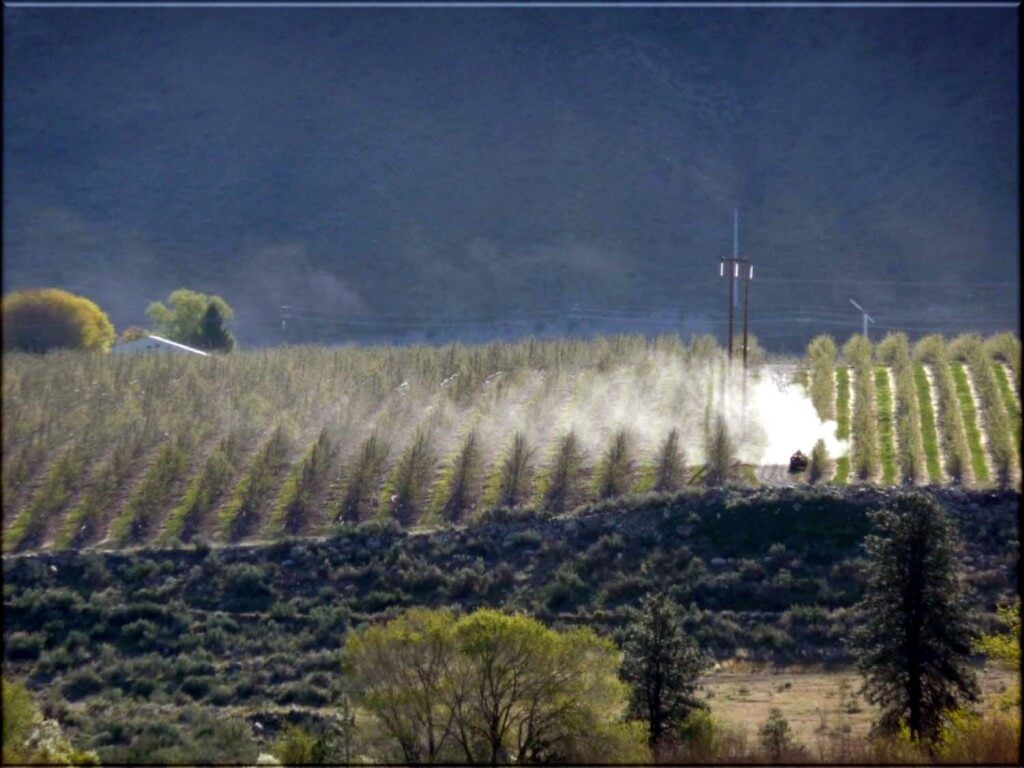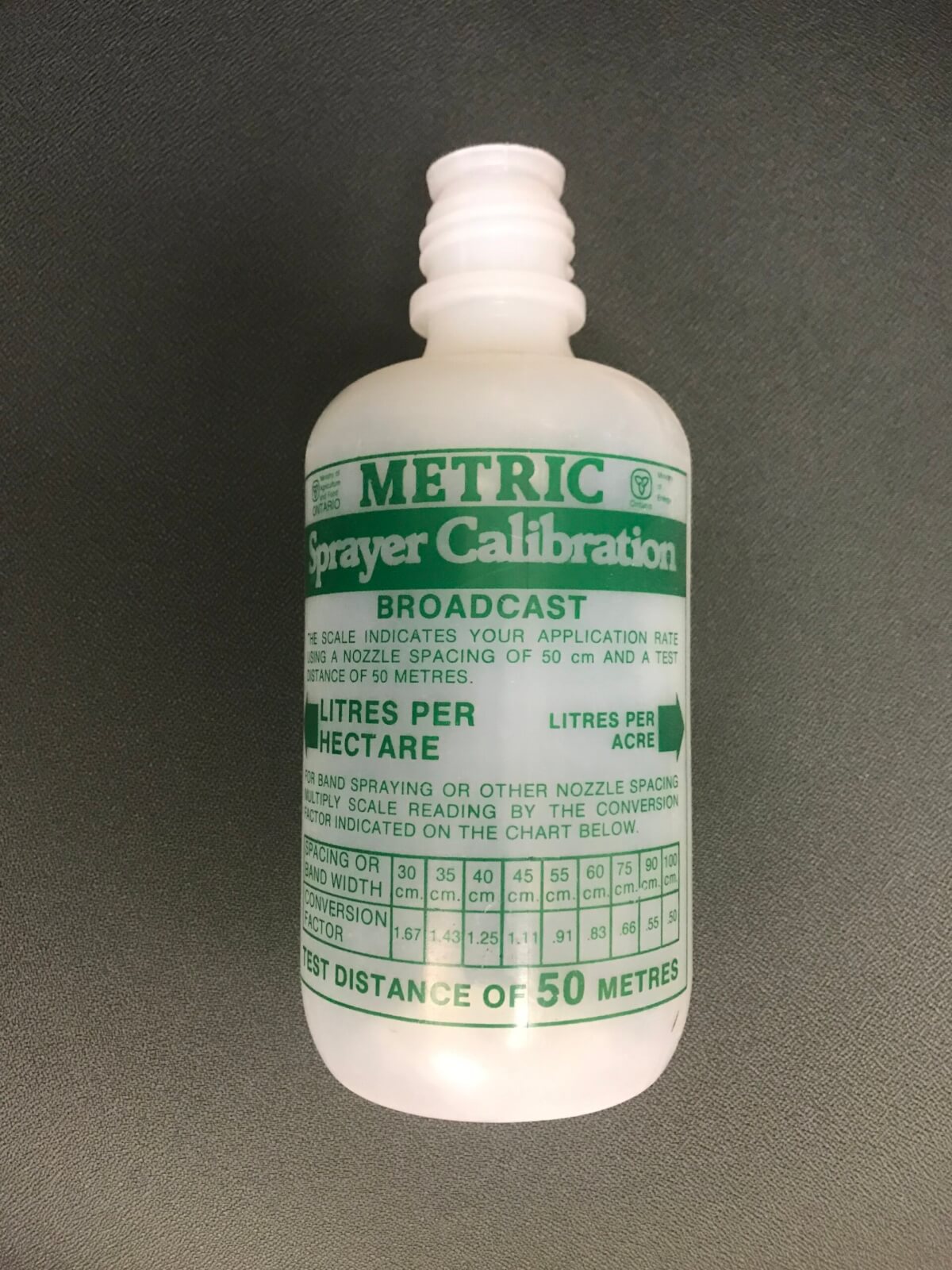
This article is intended as a basic overview of what pesticide spray drift is and how to avoid it. If you want a more in-depth study of the physics of drift, head over here. Defining Drift Pesticide spray drift is the aerial movement, and unintentional deposit, of pesticide outside the target area. Aside from being […]



